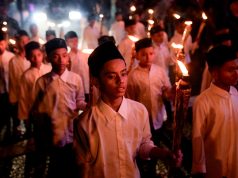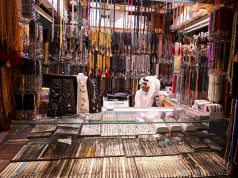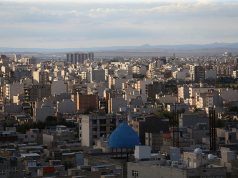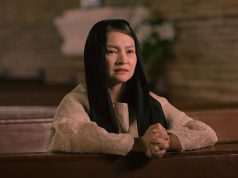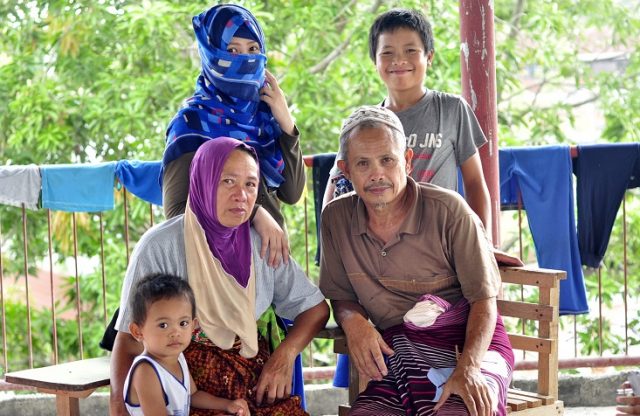
The author is a sophomore communication and media student majoring in Journalism at the Mindanao State University-Marawi City. She blogs for the Ranaw Disaster Response and Rehabilitation Assistance Center as her volunteer work for the #DuyogMarawi solidarity initiative for survivors of the siege.
“I was shattered at what I had to do. It felt like I was taking off who I am as a person.”
This, said Junairah Mangoda, 24, is what it was like when she had to take off the abaya, the loose black garment that covers the whole body, and the niqab, the veil that covers the head and face except the eyes.
For years, she covered up as a sign of her commitment to her faith. But because the gunmen who occupied Marawi City identified themselves as adherents of the Islamic State, her abaya and niqab suddenly became a security risk.
She remembered the stares that came their way when she and her family fled their home in Marinaut, Marawi to the safety of nearby Iligan City, the suspicion in peoples’ eyes as she walked passed by them.
“I wondered if I did them wrong because they looked at me as if I (had committed) a crime,” she recalled.
At the evacuation center where she reunited with relatives and neighbors, she was advised to take off her veil and don clothes that wouldn’t draw attention.
“I was shocked that they would suggest such a thing. As a Muslim woman, it is my duty to praise Allah in modesty. But they insisted it was for my safety so I followed,” Junaila said.
But as she unveiled, she couldn’t help but cry. She felt strange and insecure with her new self. But her parents and siblings lent her strength. “They make me feel hopeful even though we don’t know what will happen to us in the future.”
Junaila and her family fled as bullets smacked into the walls of their home and bombs rained on their neighborhood. Her father told them to pack and leave, saying he would stay behind to guard their property. But they convinced him to come with them.
Since their displacement, not a day passes that Junaila doesn’t long for home. She wonders if the mosque where her family goes to pray every Friday has been spared from the airstrikes. She thinks of the madrasah where she helped Arabic teachers teach children about Islam.
“We taught them that Islam is a religion of peace. I hope that non-Muslims would understand that we Muslims didn’t wish for this war to happen,” she said.




